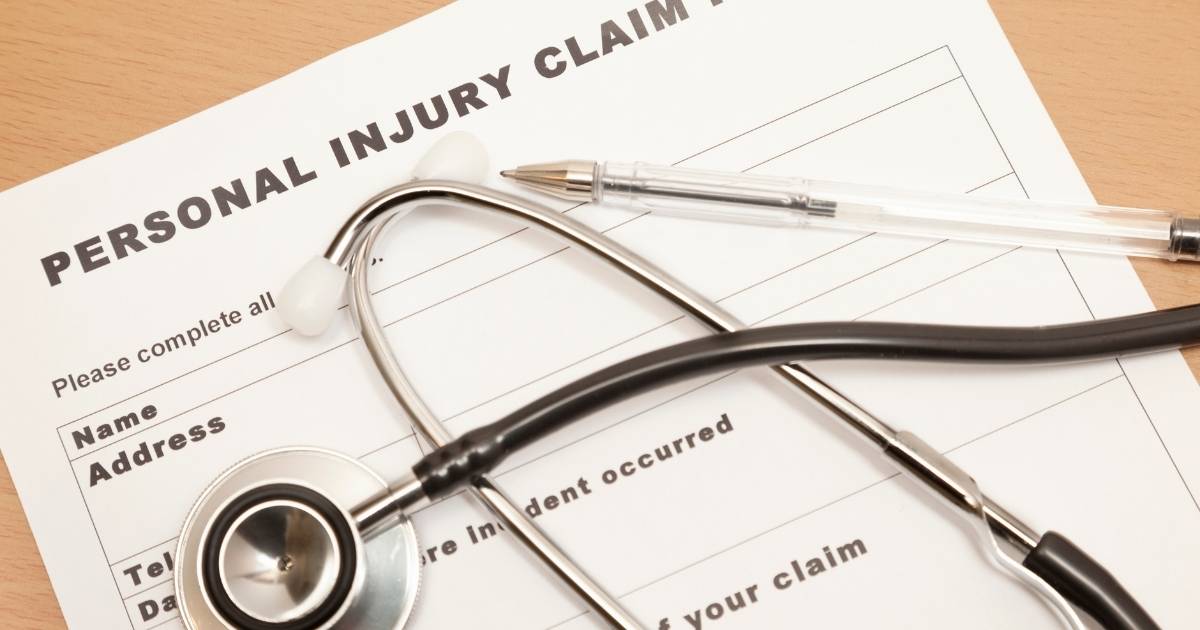Personal injury lawsuits can result from car accidents, slip and falls, or any other number of mishaps that hurt your person.
Personal injury cases are often complex and confusing, but with pre-settlement funding for your lawsuit you can ensure that you get the compensation you deserve for all of your medical bills, lost wages, and other expenses resulting from your injuries.
If you’ve suffered an injury due to someone else’s negligence, you might have grounds to file a personal injury lawsuit.
If this sounds like your situation, it’s important to understand how personal injury lawsuits work and how they can be won or lost.
It’s important to know what you’re doing before starting a personal injury lawsuit.
What Is Negligence?
Negligence is a legal term that refers to someone’s failure to act as a reasonable person would in similar circumstances.
If, for example, you were driving down a country road and saw another car stopped on your right-hand side up ahead with its hazard lights flashing, you would likely assume that something was wrong.
As a result, you might slow down or pull over yourself in order to avoid hitting any people who might be by the side of the road.
However, if no one else was on hand, it turns out that you made an incorrect assumption about what had happened—in fact there was nothing wrong at all with the other vehicle.
The 5 Elements of Negligence
Negligence is legally defined as the failure to exercise reasonable care.
As such, a personal injury lawsuit may be based on five different elements of negligence.
They are duty, breach of duty, causation, damages and proximate cause.
To prove someone else is at fault for your injuries, you must show all five of these elements in court. Each element relies on specific laws that vary depending on state or province.
A good way to start building your case is to understand each element and how it applies to your situation.
When Can I Sue?
Any personal injury lawsuit is based on negligence.
A defendant who had a duty to a plaintiff and breached that duty, causing harm, can be held liable for it.
If you’ve been injured in any type of accident where another party was at fault and contributed to your injuries, you may have grounds for a lawsuit.
However, there are times when you cannot sue someone even if they were negligent and made an error that caused injury or damage.
You cannot sue your employer or co-workers as part of any employment relationship.
How Do I Collect Compensation?
If you have suffered injuries that could be considered catastrophic, your case may involve damages such as those for medical expenses, lost wages and pain and suffering.
Collecting compensation from a person or business that harmed you requires a few steps.
First, contact an attorney with experience in personal injury law; lawyers can help you navigate your state’s laws and rules of procedure.
The lawyer will work with experts in various fields—such as healthcare, construction, vehicle design—who can determine if there is sufficient evidence that someone else was responsible for your injury.
Next, take all of your documentation to court and file a formal complaint against those believed responsible for causing your harm.
Hire A Lawyer For Your Case
Filing a personal injury lawsuit can be stressful and confusing; but it’s important to remember that you don’t have to go through your case alone.
An experienced attorney is there to help you during every step of your legal proceedings and will keep you updated on how your case is progressing.
In addition, if you win your case, hiring an attorney can lower how much of your settlement or judgment goes toward paying legal fees.
Plus, many attorneys work on contingency – so they don’t get paid unless you win.
If a personal injury occurs and someone else is at fault, filing a lawsuit is essential for making sure justice is served.

